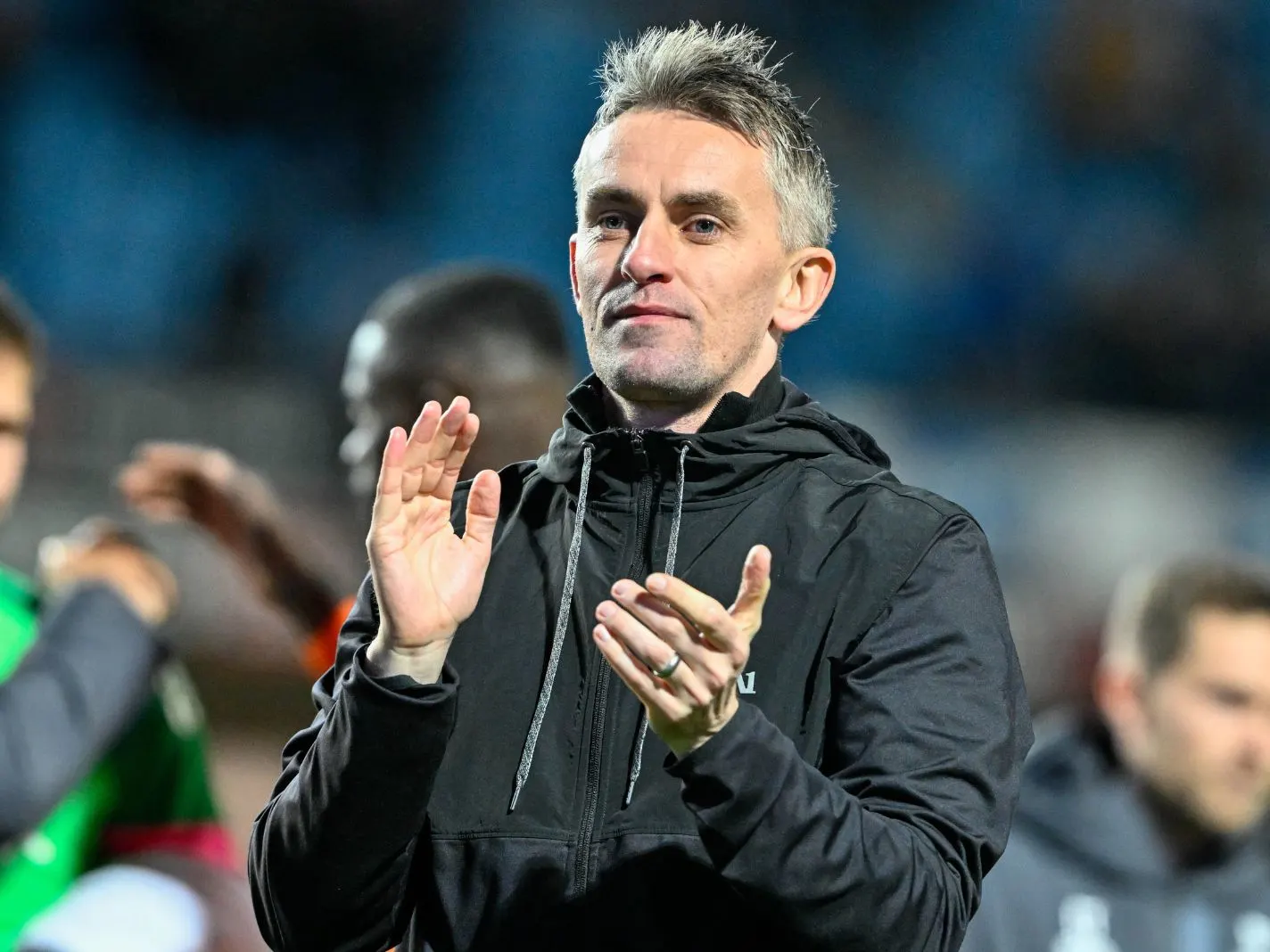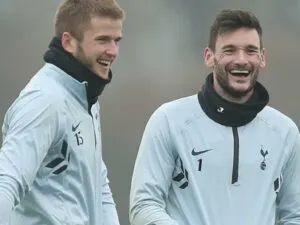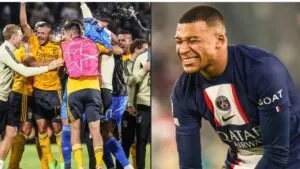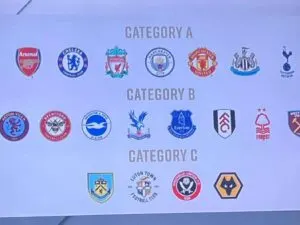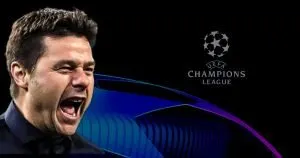There is an age-old belief in football – or any sport in general – that finishing second gets you no title or silverware whatsoever. That is only reasonable, considering that the ‘grand prize’ should be reserved for the no.1 team or athlete – with the runners-up normally mostly getting consolation medals at best.
However, in English football, there is this interesting tendency to also reward the second-place teams. While not applicable in the Premier League, the EFL is kinder in aiming to make the runners-up get the feeling of being champions. A strange ‘tradition’ has come in place in the EFL Championship and League One where not only the league winners but the second-place teams are also awarded with a trophy.
This phenomenon sparked back into life recently after Ipswich Town were promoted to the Premier League after a 22-year absence. Kieran McKenna’s team secured the second-place at the end of the 46-game league stages, behind champions Leicester City. Now, it’s normal for the Foxes to get a trophy for winning the division – but Ipswich Town also ended up getting a (smaller version) prize too.
In their celebration pictures and clips released, fans were utterly confused to see the Ipswich players lifting a trophy in the air and celebration promotion as if they won the Championship itself.
However, this isn’t only a case of the Championship runners-up getting silverware. That is because Derby County, who were promoted back into the Championship after securing a second-place finish in the 2023/24 League One season, also got a trophy from the EFL too.
It has since been clarified that yes, the runners-up of each of the EFL league tiers get some sort of silverware to commemorate their promotion to a bigger division. This also includes the EFL League Two (the fourth division of English football). The players of these runners-up teams are also given their recognized medals, which is still not that unnatural considers that runners-up in cup competitions often get the same.
There is a belief that popular British manager Neil Warnock might be the influence behind this. That is because in the 2005/06 season, Warnock was able to guide his Sheffield United squad to Premier League promotion by finishing in second place behind Reading. In the celebrations of the promotion, he decided to ensure that the players got a sense of winning a prize by making them lift a shield as a trophy of some kind.

As a result, some fans feel that this might’ve compelled the EFL to create this strange trend which is not followed across anywhere in Europe’s other major leagues. This isn’t really a rule that is in the EFL books, but somewhat of an unwritten one that has been continued as a tradition for many years now. The teams don’t see any reason to complain either, as it gives players the chance to celebrate the achievement a bit more and feel proud to have won some ‘silverware’ for their hard work.
However, this second-place trophy trend has attracted a lot of criticism. Former Arsenal defender Paul Merson, a former Premier League winner, laughed at the irrelevance of this prize in 2023 when Sheffield United finished as runners-up in the 2022/23 Championship and told Sky Sports: “What’s the trophy for? I got to the final of table tennis at Butlin’s, and I didn’t get anything. I got beat in the final!
“Why should they get anything? A trophy for second? It’s brilliant going up, but you don’t have a trophy for second. You don’t get a trophy, you get a medal for coming second in the Olympics that you work for for four years. They’ve just come second in the league and they’re getting a trophy.”
Considering the amount of mockery and criticism the EFL are attracting for this weird rule, they might want to reconsider it from next season onwards. They could find alternate methods to keep the runners-up to their divisions happy, perhaps by adding a lucrative financial reward for it, but persisting with this second-place trend will only attract more embarrassment towards their organization and the teams themselves.

